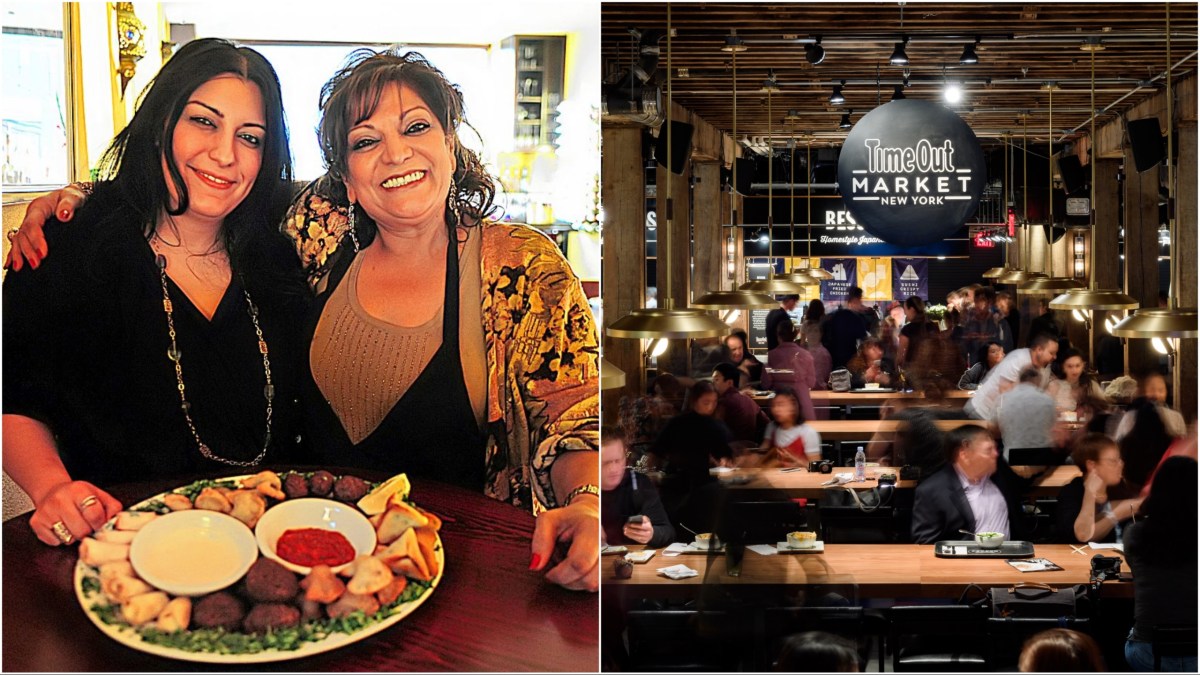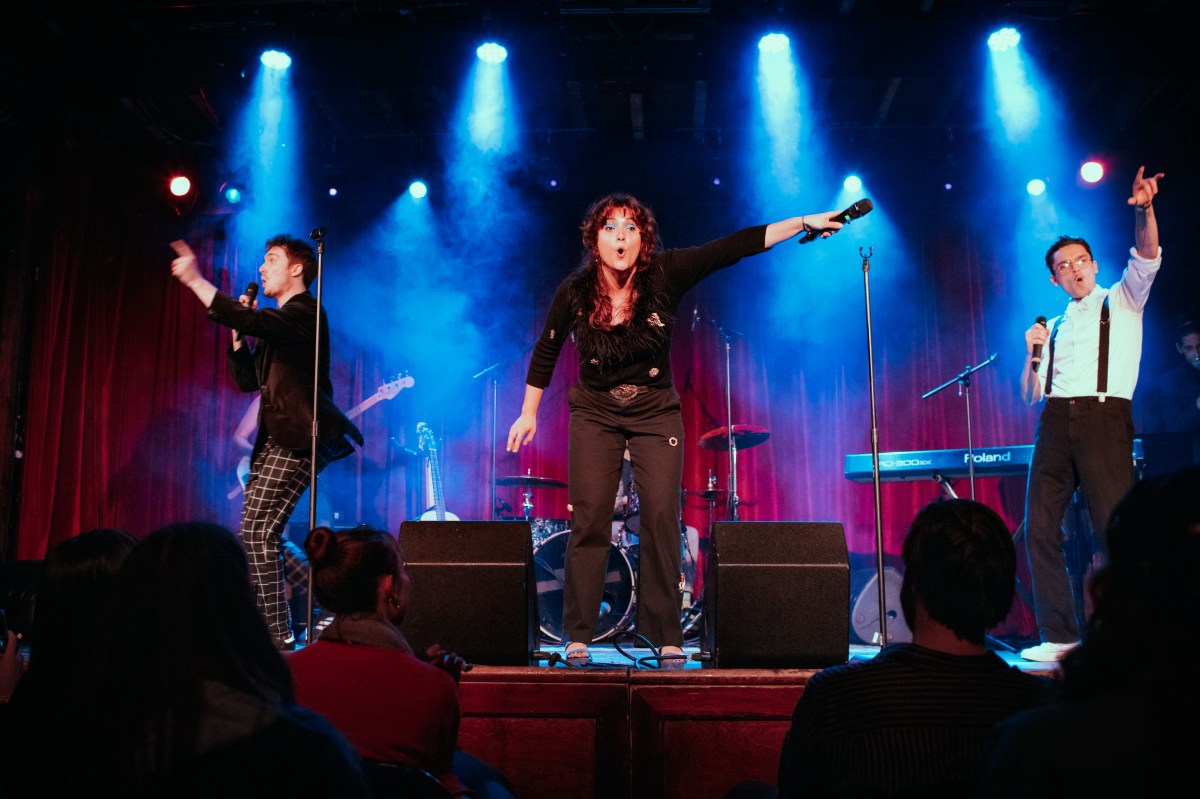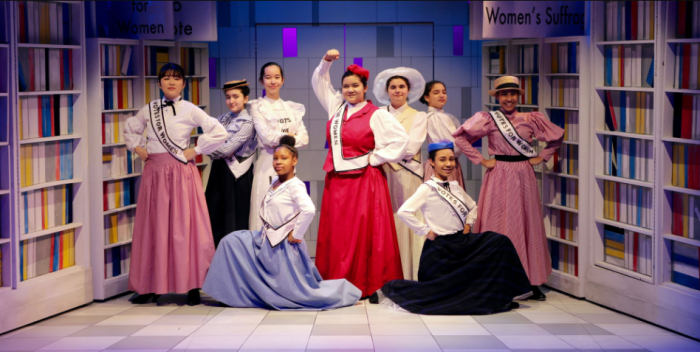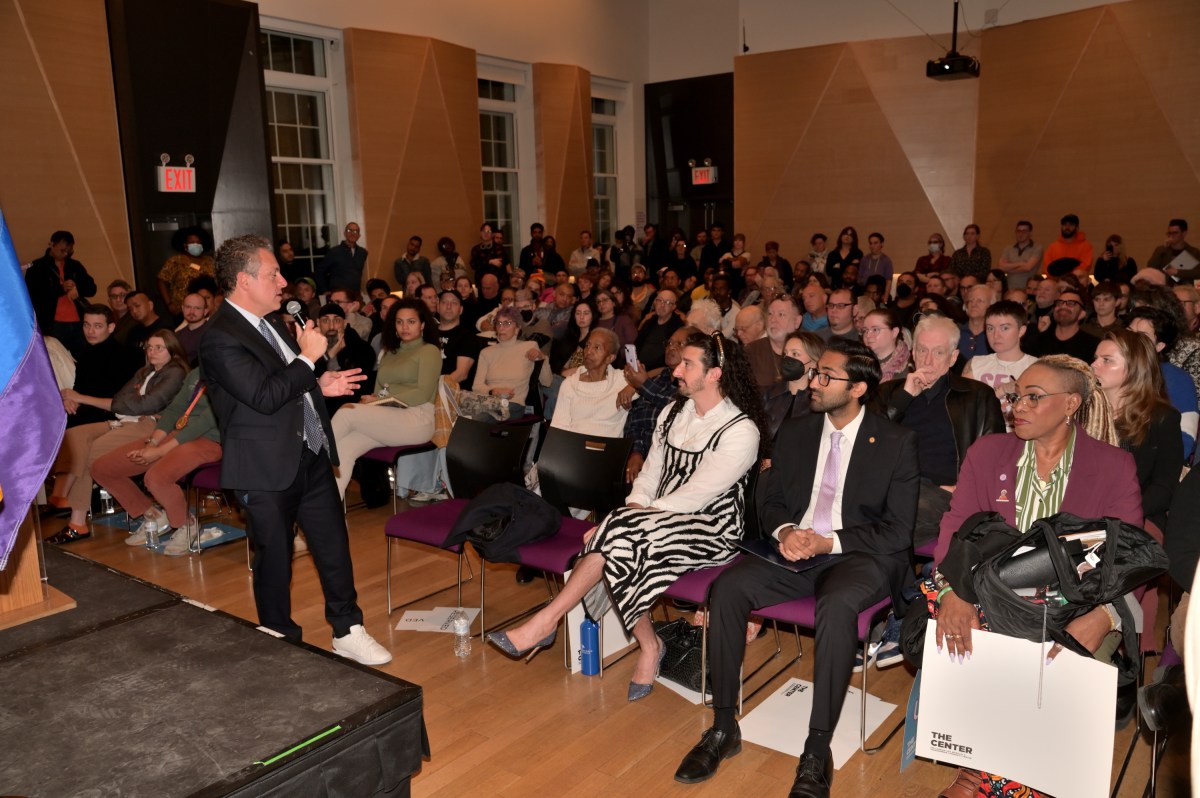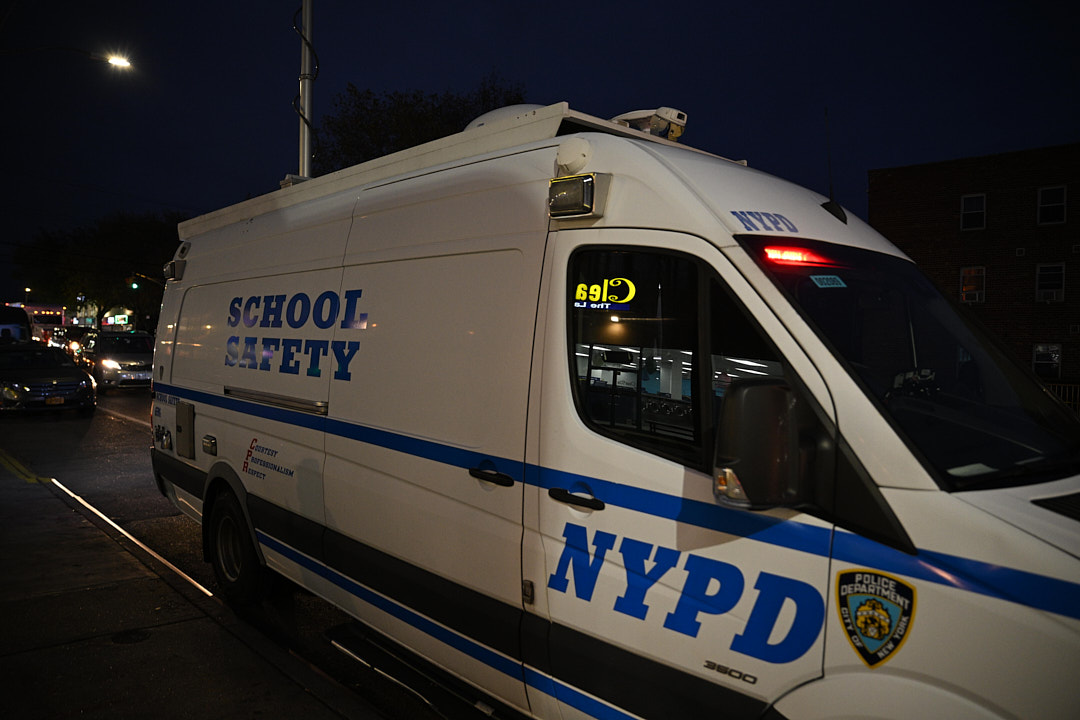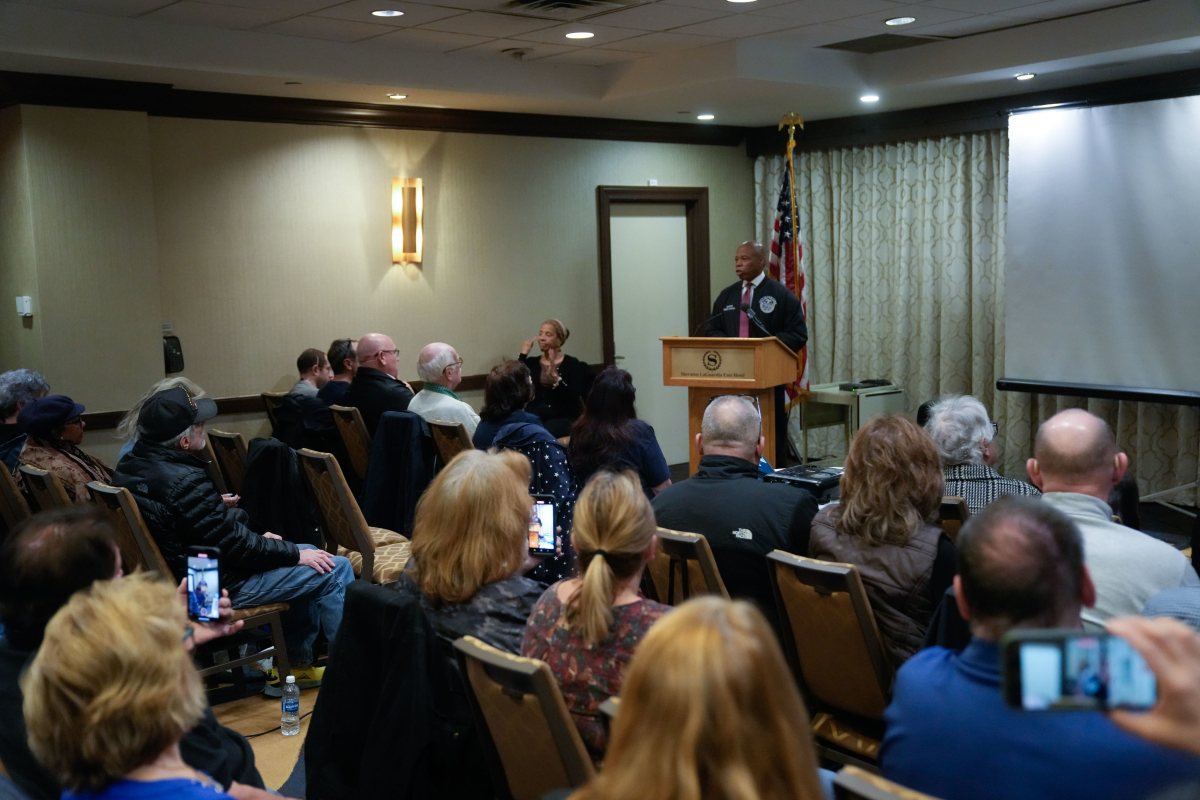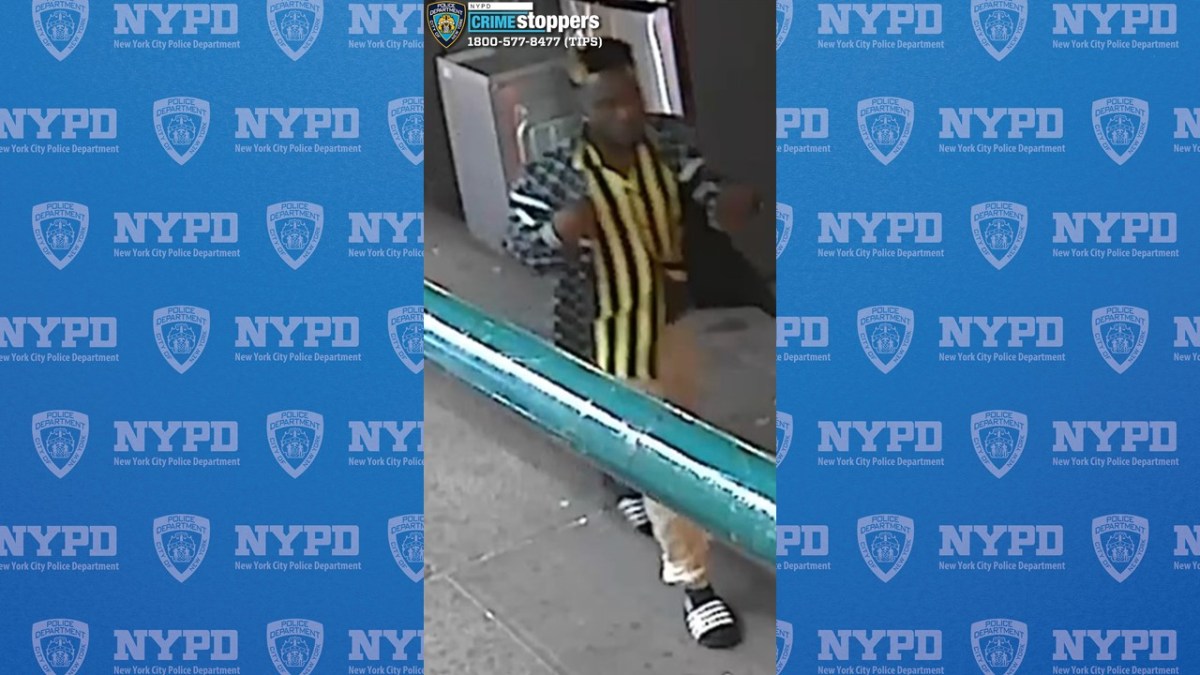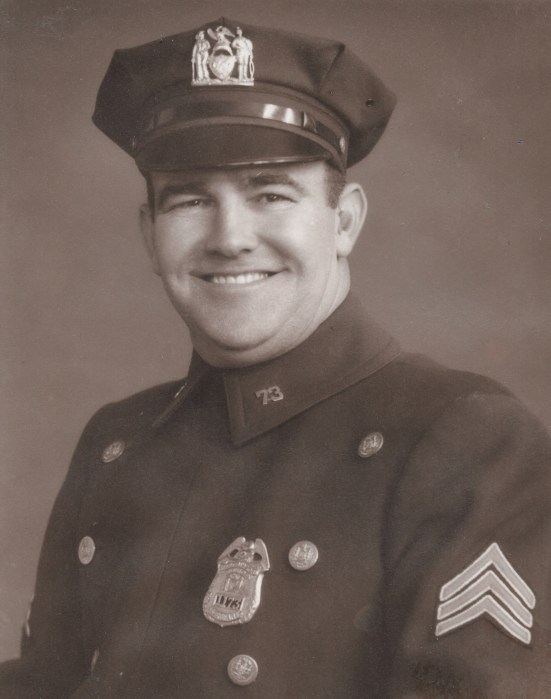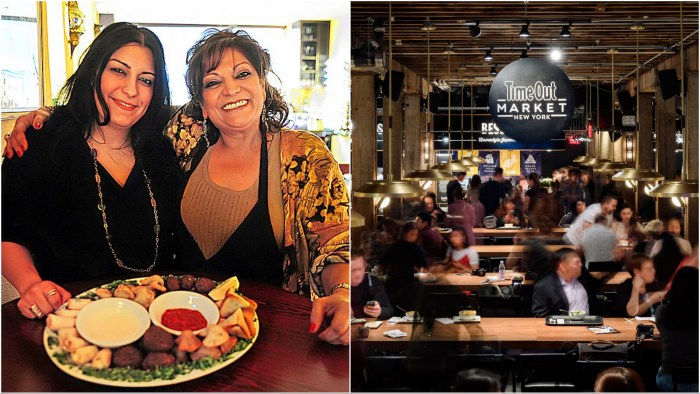
With a pen and a pack of Post-its, Matthew “Levee” Chavez started a cultural phenomenon on the walls of New York City’s subway.
Almost a year after his Subway Therapy project gave countless people a chance to voice their anxieties in the days following the presidential election, a new book is out on Tuesday that captures some of those poignant posts.
The chunky, bright tome titled “Signs of Hope: Messages from Subway Therapy” includes sketches, notes and photos of young and old who took the time to stop, read and add to what became a beloved installation inside the 14th Street subway station.
“Each note sort of has its own story,” said Chavez, an artist who lives in Fort Greene. “You can read the notes and imagine a little part of someone’s life. They were not just writing about the election but about the human experience.”
The book is separated loosely into thematic sections such as “My Heart is Heavy,” “It’s Hard not to Fear the Future,” “I Refuse to Give Up on My Country.”
Many of the messages are heartbreaking: “I hate my job but have no other options,” “I’m so tired of being homeless sad alone God hear my cry,” “Decided today that I am not having children.”
But there are also cheery doodles and inspiring thoughts: “I’ve got your back!,” “You are stopping to read this. Your heart is hopeful. So is mine.”
The California native also outlines the process he went through earlier in 2016, starting with a table, two chairs, and a blank book promising to be a “Secret Keeper.” And while Chavez was careful to point out he was not a licensed therapist, the “Subway Therapist” moniker stuck and people were happy to find a sympathetic ear.
On November 9, 2016 — after Donald Trump was elected President — Chavez felt the tension in the city and knew he had to try something different. He arrived at his usual spot in the passageway that connects the L and the 1-2-3-F-M lines at 14th Street with extra sticky notes and supplies.
In the book, Chavez recounts how his mother, a school teacher, used notes in her classroom “to get her students to open up.”
He wrote “Express Yourself” in notes on the tiled subway wall and invited everyone to join in, igniting a “frenzy” of people happy to oblige.
In the coming days, people flocked to the site. The walls blossomed into multi-colored murals of notes. The effort seemed to grow organically to Boston, San Francisco, Seattle and other cities.
“There were so many people writing, it made them feel like part of a larger community interested in supporting each other and being there for each other,” Chavez said. “The project really was a way to reestablish the trust people had lost.”
A portion of the book’s proceeds will go to the American Civil Liberties Union and WIN, which provides services to homeless families. Chavez is working on a follow–up book that encourages young people to take part in community-based art projects.
Chavez will discuss the book at on Oct. 24 at Artist & Fleas at Broadway and Prince Street at 7 p.m. and Nov 9 at Brooklyn’s WORD Bookstore at 7 p.m.




